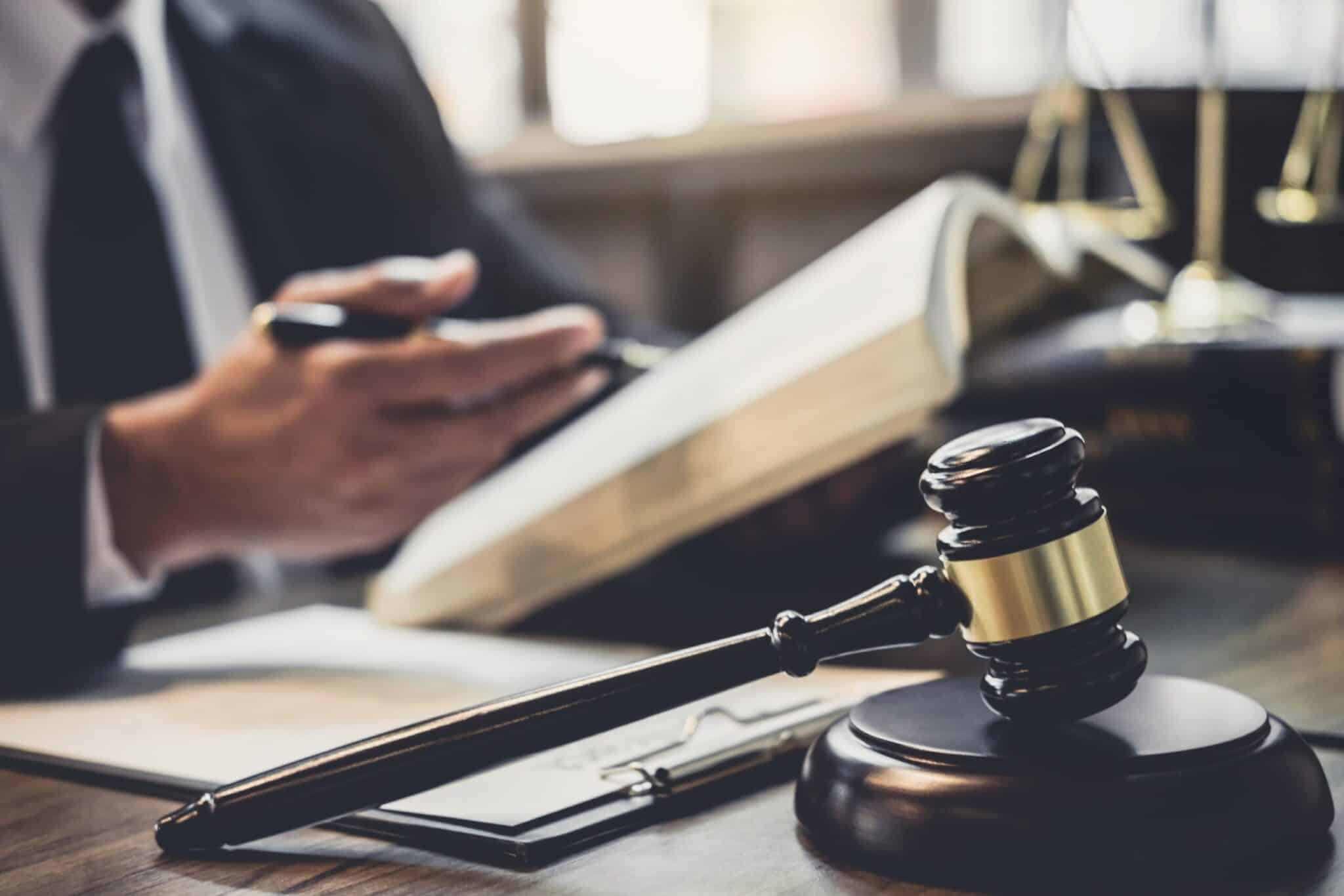Can Artificial Intelligence/AI Handle a Baltimore Car Accident Case Better Than a Lawyer?

Every Baltimore personal injury and accident lawyer, who has seen or followed the rise of AI has no doubt questioned whether or not someday, soon, a machine or robot or chatbot will be doing his or her job better than he or she could. Of course, everyone has been, perhaps in varying degrees, interested, concerned, or frightened by the prospect of artificial intelligence/AI or AI-generated devices, either doing away with their career or their professional altogether, or severely limiting their chances to make money using their own skills. “ChatGPT (Chat Generative Pre-trained Transformer) is a large language model-based chatbot developed by OpenAI and launched on November 30, 2022, that enables users to refine and steer a conversation towards a desired length, format, style, level of detail, and language”. I asked this chatbot questions about artificial intelligence and the practice of personal injury law in Baltimore, and the potential evolution of the role of lawyers and artificial intelligence in the personal injury field. The statements concerning the current and predicted ability of AI in this discussion come from ChatGPT.
Baltimore Car Accident lawyers continue to play a critical role in providing legal expertise, counsel, and representation.
ChatGPT concedes that Baltimore’s personal injury lawyers continue to play a critical role in providing legal expertise, counsel, and representation, especially in complex legal matters, and point to several reasons:
Legal Expertise and Judgment: Baltimore car accident lawyers possess the ability to apply their extensive legal knowledge and expertise to complex and nuanced legal issues. They can interpret and analyze the law in a way that considers the specific context of each case, taking into account legal precedents, statutes, regulations, and evolving legal principles.
Critical Thinking and Problem-Solving: Complex legal matters often require creative problem-solving and critical thinking skills. Baltimore MVA lawyers can assess the unique aspects of a case, develop strategies, and adapt their approach as the case evolves. They can also identify and address unforeseen challenges that may arise during litigation or negotiations.
Emotional and Ethical Considerations: Legal matters often involve sensitive and emotionally charged issues. Baltimore lawyers can provide empathy and emotional support to their clients, understanding their concerns and guiding them through the legal process. Additionally, Baltimore’s injury and accident lawyers are bound by ethical rules and codes of professional conduct, which help ensure that they act in the best interests of their clients and uphold the principles of justice and fairness.
Personalized Advice and Counseling: Legal advice and counsel are highly personalized and tailored to the unique circumstances of each client’s case. Baltimore motor vehicle accident lawyers can engage in one-on-one discussions with clients to understand their goals, concerns, and preferences, and provide advice accordingly.
Advocacy and Representation: In courtrooms and other legal settings, Baltimore PI lawyers serve as advocates for their clients. They present arguments, cross-examine witnesses, negotiate settlements, and represent their clients’ interests vigorously. Effective advocacy requires a deep understanding of the law, courtroom experience, and the ability to think on one’s feet, which are qualities that AI lacks.
Ethical and Regulatory Compliance: Of course, all of Baltimore’s lawyers are bound by ethical and professional responsibilities that govern their conduct. They must adhere to confidentiality rules, avoid conflicts of interest, and uphold client confidentiality. Ensuring compliance with these ethical obligations requires human judgment and discretion.
Complex Decision-Making: Many legal decisions involve a delicate balance of legal, ethical, and practical considerations. Baltimore accident lawyers can make nuanced decisions that take into account the broader implications of their actions and decisions.
Unpredictable and Evolving Nature of Law: The law is not static; it is constantly evolving through court decisions, legislative changes, and shifts in societal norms. Baltimore car cash lawyers are better equipped to adapt to these changes and interpret new legal developments in a way that aligns with their client’s interests.
ChatGPT acknowledges that while AI and automation can assist Baltimore car accident lawyers by streamlining certain tasks and processes, they are not capable of replacing the judgment, creativity, and human touch that these Baltimore lawyers bring to complex legal matters. Therefore, ChatGPT has not yet stated Baltimore’s lawyers are no longer indispensable in providing legal expertise, counsel, and representation, especially in cases where the stakes are high, or the legal issues are intricate. ChatGPT rather, for now, posits AI can complement their work by enhancing efficiency and providing valuable insights, but it cannot replicate the full range of skills and qualities that experienced Baltimore lawyers possess. But, even if the technology advances to the point that the skills of lawyer and chatbot are roughly equal [ChatGPT does not seem to categorically rule this out] other factors could influence its adoption, and points to two:
Societal Acceptance: Even if technically possible, the widespread acceptance of AI replacing Baltimore injury and car accident lawyers in complex legal matters is uncertain. Clients, legal professionals, and the public may prefer the human touch and judgment that Baltimore’s best lawyers provide.
Legal and Ethical Constraints: Legal systems may impose constraints on the use of AI in certain legal matters, especially those involving high stakes or complex ethical considerations. These constraints could limit the extent to which AI can replace Baltimore’s top lawyers. While AI continues to advance and can provide valuable support in specific legal tasks, achieving full replication of the nuanced and complex abilities of Baltimore car accident lawyers remains a distant and uncertain goal. The odds of achieving this goal are difficult to quantify, and it may never be entirely achievable due to the unique qualities of human judgment, creativity, and ethical reasoning in the practice of law. Instead, AI is more likely to augment and enhance the work of Baltimore lawyers, improving efficiency and providing valuable insights while leaving the core aspects of legal practice in the hands of legal professionals.



